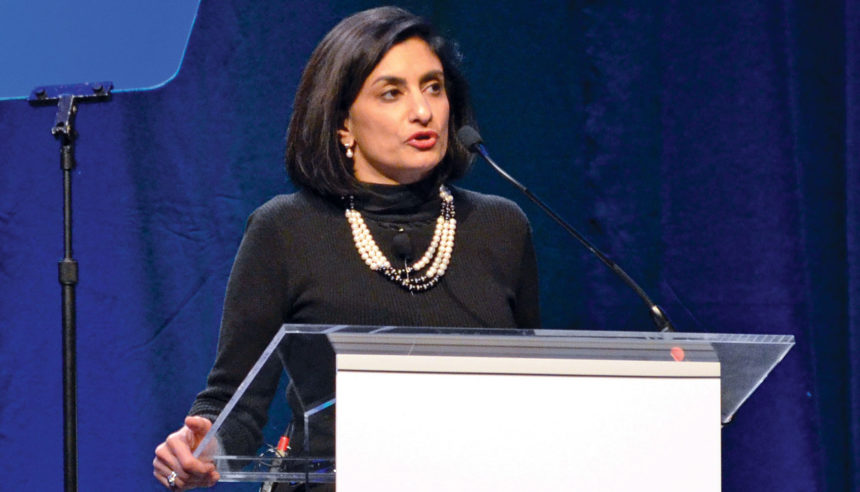
While many providers are catching a break under a new federal rule announced Thursday, nursing homes are going to still be held to a higher standard. They’ll retain the annual requirement to conduct reviews of their emergency programs despite the Centers for Medicare & Medicaid Services easing requirements for other providers.
The agency will now allow Medicare and Medicaid providers to review their emergency programs and conduct emergency training every two years, instead of annually under the newly-proposed Omnibus Burden Reduction final rule. Long-term care facilities, however, will still be required to review their emergency programs and provide training annually.

“Emergency preparedness continues to be a priority for our member nursing centers. Any change that improves the flow of information among providers and benefits patients is a positive step,” Mike Cheek, senior vice president of reimbursement policy for the American Health Care Association, told McKnight’s.
Administrator Seema Verma said Thursday during a conference call, the agency decided to keep the requirements the same for LTC providers after receiving feedback from nursing home resident advocates. Verma said the requirements for nursing homes is necessary because of their “unique patient and safety needs.”
The rule is aimed at reducing provider burden — at least those given a reprieve in this instance — and advances the agency’s “Patients over Paperwork” initiative, Verma said. The overall effort will save providers $800 million annually, Verma said.
Also Thursday, CMS announced changes to discharge planning — for moves from acute care into post-acute care settings — Thursday under its Discharge Planning final rule.
Hospitals, home health agencies and critical access hospitals will now be required to share quality measures and resource use data on post-acute care providers with patients under the rule. They are also being required to share “necessary medical information” with post-acute providers after a patient is discharged from their facilities.
Cheek said it’s “possible the hospital discharge planning portion of the final rule could help with clinical information (skilled nursing facilities) need under the Patient-Driven Payment Model.”
Both final rules will be published Monday in the Federal Register.




